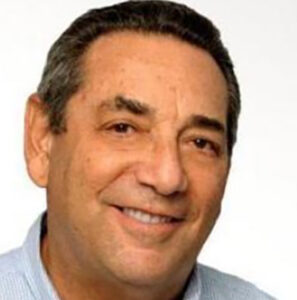News from the Rare Cancer Conference
Molecular Science is a Game-Changer for Rare Cancer
On April 26, 2022, our Rare Cancers: Unmet Medical Needs conference brought attention to the scarce resources and treatment options available to the more than 400,000 Americans diagnosed with a rare cancer each year – and to the major advancements in medical science stemming from the ability to study the genomics of every molecule in tumor tissues. This transformative research is moving from an anatomic (organ based) to molecular understanding of tumors across rare cancers. When the molecular level mechanisms that drive rare cancers are understood, there’s no stopping us. Molecular science can revolutionize the whole field of cancer medicine and bring new hope to rare cancer patients.
Foundation Kicks Off Rare Cancer Conference
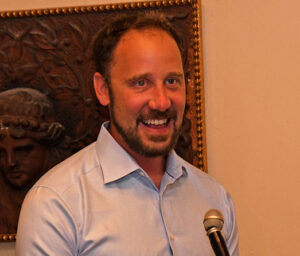
Mark Laab
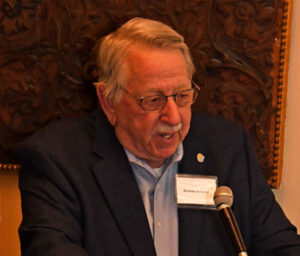
Norman Scherzer
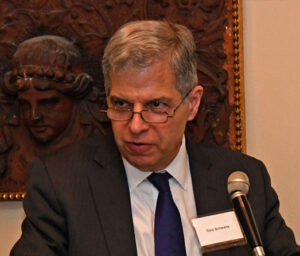
Gary Schwartz
Important research and patient advocate constituencies gathered ...
The night before the conference, our foundation dinner gathered important constituencies to move rare cancer research forward: experts from medical science, government, the National Cancer Institute, private philanthropies, and aligned foundations. Speakers included Conference Co-Chair Dr. Schwartz, Mark Laab, Founder and Chairman of The Rare Cancer Research Foundation and Founder and Executive Director Norman Scherzer of The Life Raft Group who represent the type of collaborative effort we are committed to help reshape the rare cancer landscape.
Through collaboration and partnership among communities like those represented here, we can demonstrate that innovation in molecular science can and will change the outlook for rare cancers. We’re committed to help this leap into the future, for Jed’s memory and for the good of mankind.
“We’re going to do this together. We’re going to win. We have to win.”
Rare Cancers: Setting the Stage
Director, Case Comprehensive Cancer Center (Case CCC); Vice Dean for Oncology, School of Medicine; Gertrude Donnelly Hess MD Professor in Oncology Research and Medical Advisory Board Chairman, Jed Ian Taxel Foundation for Rare Cancer Research
Dr. Schwartz introduced conference objectives and suggested outcomes that can accelerate discovery and move rare cancer progress forward, emphasizing “this is something we cannot lose on.”
Better understanding of rare cancers
Increase awareness that rare cancers are not “rare”
Best ways to identify and treat rare cancers
Opportunities for new drug development
New paradigms that allow better treatment and cures
Determine investments to advance the field and engage pharmaceutical and investment communities to promote new drug discovery
“There needs to be a revolution in government health agencies.”
Advocating for Rare Cancers: Lessions Learned
Catherine G. Young, PhD
Former Executive Director, The SHEPHERD Foundation; Senior Director of Science Policy, Biden Cancer Initiative
Greg Simon, J.D.
Former President, Biden Cancer Initiative; Executive Director, White House Cancer Moonshot
Catherine Young and Greg Simon are public policy leaders and advocates for solutions to advance rare cancer research at the federal government level. They share insights into the forces within government agencies that can impede or accelerate rare cancer research. These include sustaining an entrepreneurial, accelerator-like mission at ARPA-H and increasing coverage for the evolution of cancer diagnostics and treatments from the anatomic level to the molecular so that patients can access better treatments more quickly. “Imagine the same people doing the same thing without much results … for decades,” says Dr. Simon. “It’s important for advocates like the Taxel Foundation to help others realize that they can be part of the legacy.”
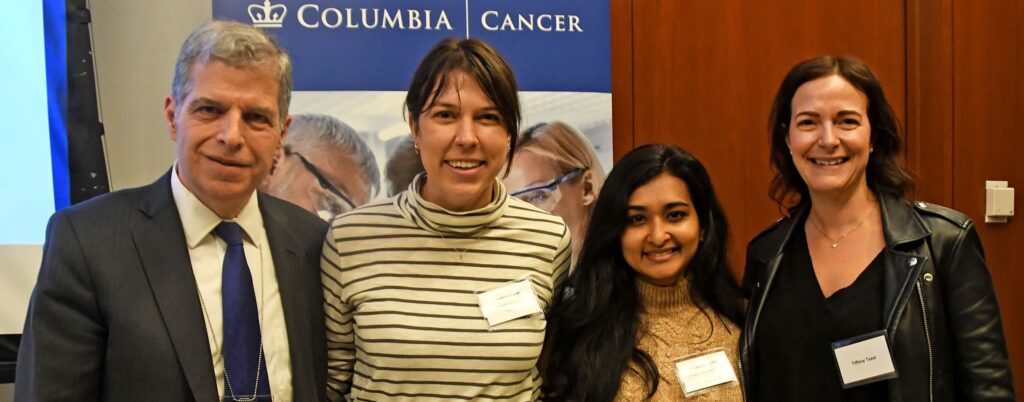

The 2022 Jed Ian Taxel Foundation for Rare Cancer Research Awards for Early Career Scientists were given to the following awardees for their presentations of original research.
1st Prize:
Sara Viragova PhD
Postdoctoral Researcher, Columbia University Medical Center
For research on inhibitors of retinoid signaling as anti-tumor agents in Adenoid Cystic Carcinoma. Research paper here.
2nd Prize:
Sminu Bose MD
Oncology Fellow, Columbia University Medical Center
For research demonstrating the feasibility of implementing single-cell genomics from archival tissue to study sarcoma and propel our understanding of drug resistance. Research paper here.
3rd Prize:
Alexander Wei MD MS
Hematology & Oncology Fellow, Columbia University Medical Center
For research on the clinical and disease characteristics of metastatic uveal mela- noma patients who develop symptomatic brain metastases. Research paper here.
Meet Our Rare Cancer Conference Speakers
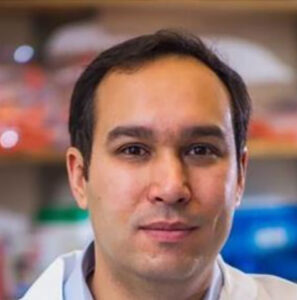
Adam Bass, MD
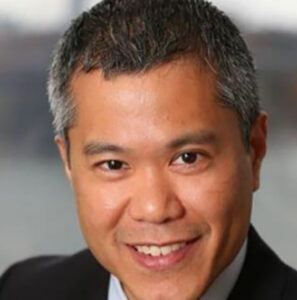
Richard Carvajal, MD
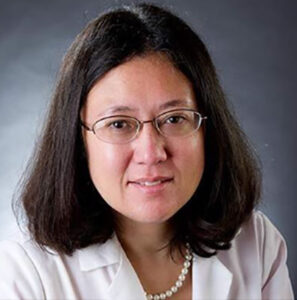
Wendy Chung, MD, PhD
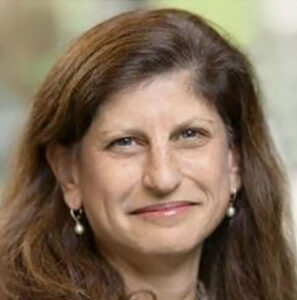
Julia Glade Bender, MD
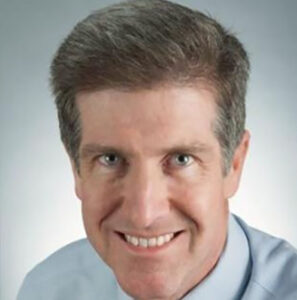
Mark Heaney, MD
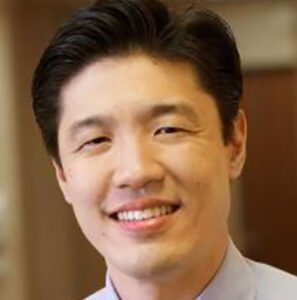
Alan Ho, MD, PhD
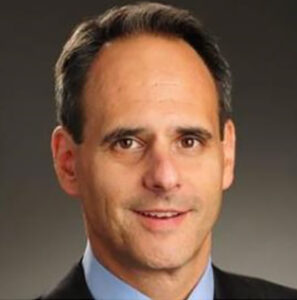
Andrew B. Lassman, MD
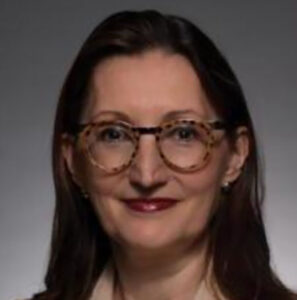
Suzanne Lentzsch, MD
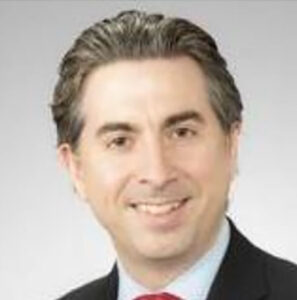
Jason Luke, MD
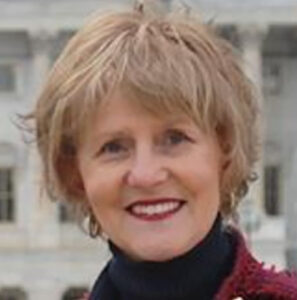
Nita L. Seibel, MD
